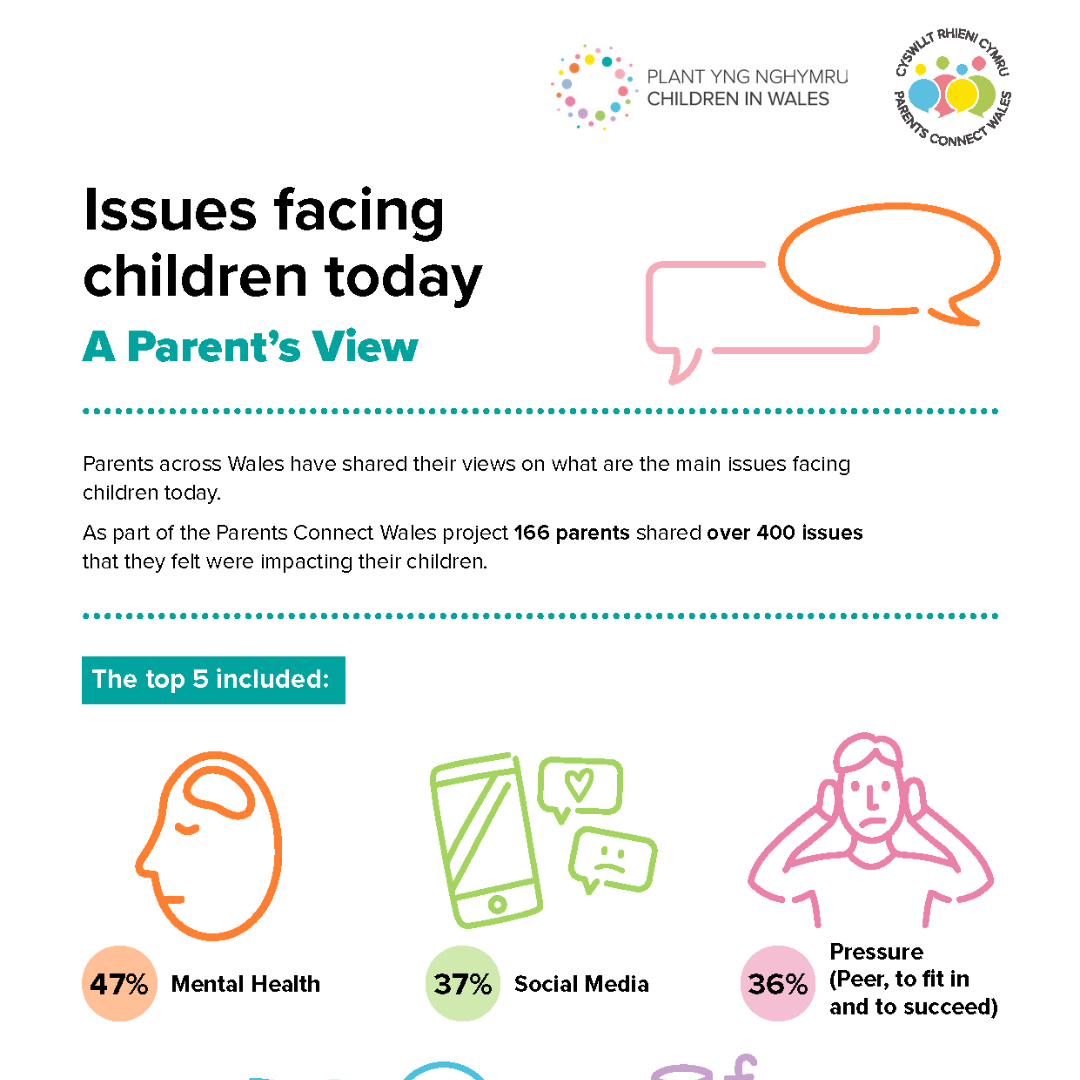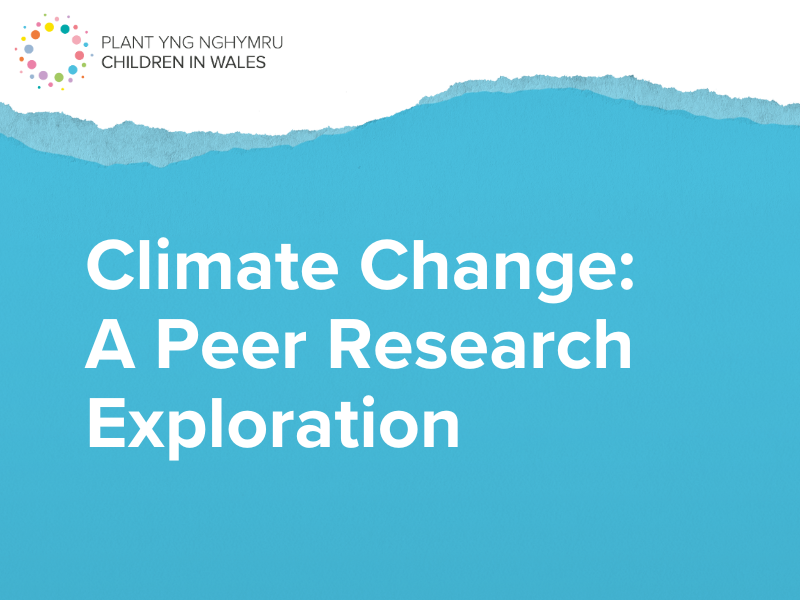
The NSPCC is looking to recruit 15 young people aged 13 to 16 to become part of its Young People’s Board for Change. The board gives young people the opportunity to have a say on what matters most to them to influence the work of the UK’s leading child protection charity.
The board was first launched in February 2021 with the aim to give young people the chance to shape and influence the work of the UK’s leading child protection charity.
Visit nspcc.org.uk/boardforchange to apply. Applications close on the 23rd of January.
Over the past two years, the current board members have taken part in a vast range of activities and events, and they have consulted on some of the charity’s biggest campaigns.
This includes a wide range of work to support the NSPCC’s Wild West Web campaign to influence the Government to introduce a robust Online Safety Bill to ensure young people are safe online.
Members have had the chance to speak to MPs and decision-makers in Westminster, attend the Labour and Conservative party conferences to take part in a round-table discussion and share their views with MPs, and recently they spoke at an event in the House of Lords to share why the Online Safety Bill is so vital for them.
They have also worked to help shape the work of Childline, including creating content for the service’s social channels on topics that matter to them including Pride month, Black History Month, body image, and bullying recovery.
And they also supported the creation of NSPCC’s new secondary school service, Talk Relationships. They shared their perspectives of healthy relationships education and input into every stage of the development of the service.
Applications are now open for a new group of 13-16-year-olds to join the board for the next two years.
Any young person from the UK can apply and if they secure a place, they can use this platform to raise awareness of what matters most to young people, take action and make change happen – while also having a key role advising NSPCC staff and trustees.
Over a two-year period, board members will take part in residentials, meetings and workshops, meet other young people, as well as develop confidence and learn life-long skills, such as campaigning and public speaking.


